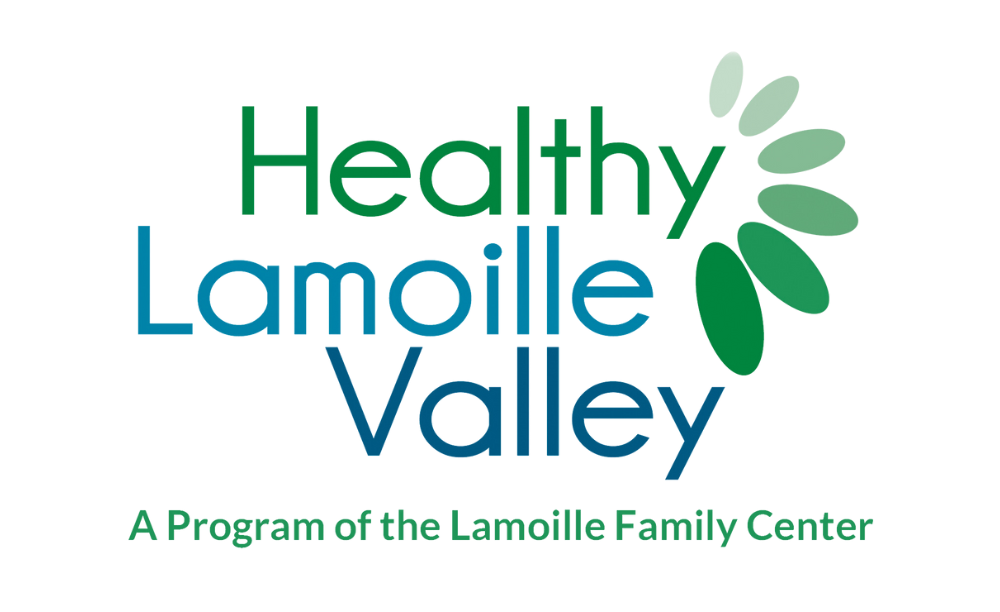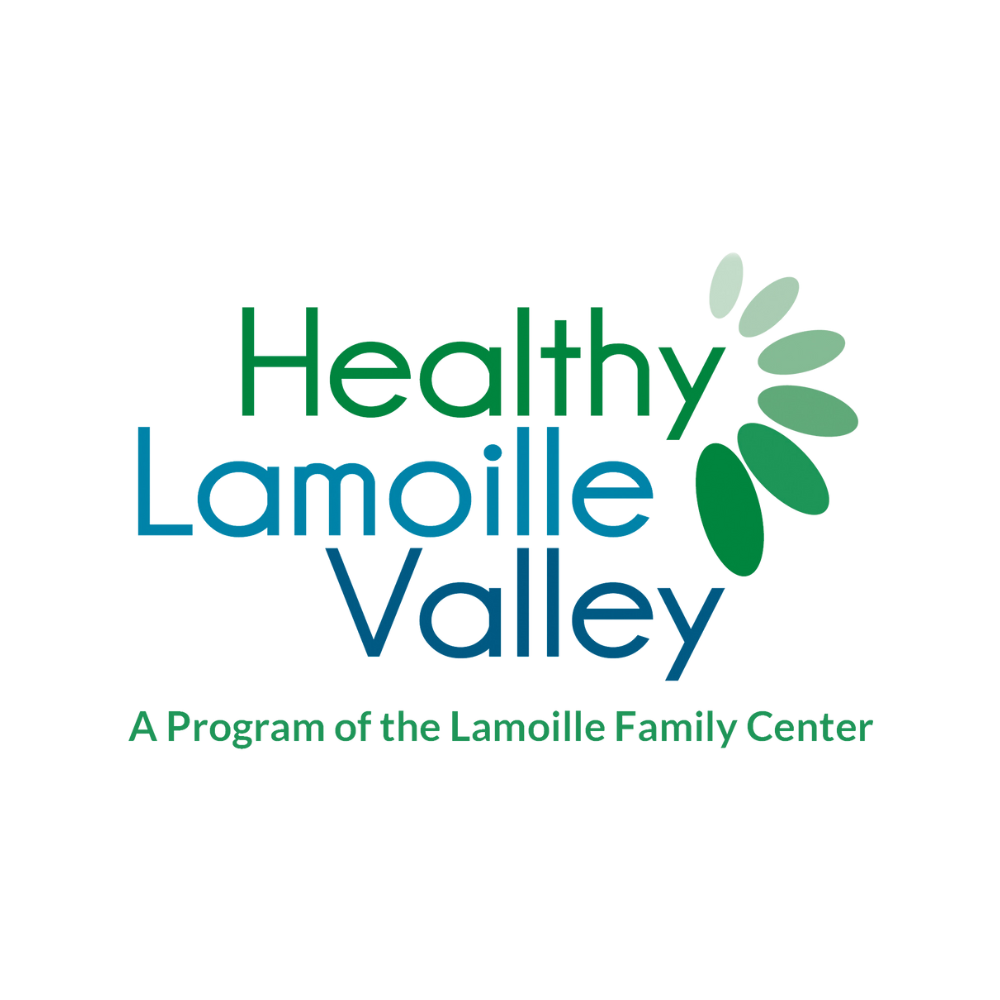When & Where to Use TimeWise
Before you begin, read how you might use TW2:
TimeWise is leisure education, meaning it is focused on helping people understand how we spend our free and leisure time, and how to get more out of it. The program is designed to be flexible, engaging, and easy to adapt. We know every educational and group setting is different. Use what works, mix it into what you're already doing, and make it your own.
Leisure education is often experiential, often incorporating leisure and fun moments. For example, playing music or doing various activities that engage students in “feeling” leisure or being playful. It is also possible to integrate moments of “leisure education” into other topics, such as history, humanities, or global citizenship.
You don’t need to follow a set order. TimeWise is meant to fit naturally alongside what’s already happening in your context. Older students may even enjoy leading parts of it or adapting it for younger peers.
Don’t be afraid to share your personal reflections and activities...it may make the material more “alive” for students. And remember—you deserve meaningful, restorative free time, too.
TimeWise sessions can be used in small chunks, longer sessions, daily, weekly or monthly.
Advisory/Home Base:
- Explore/Choice Time (daily, weekly, or pop-up)
- Clubs and Passion Projects (student-led or supported)
- Circle Prompt Time using TimeWise topics (e.g., boredom, creativity, balance)
- Student-created Bulletin Boards (recess, summer, hobbies, interests)
Classroom Integration:
- Skills Block: Embed leisure, decision-making, and wellness skills
- Health/Wellness: Connect stress, mental health, screen time, rest, and self-care
- Global Citizenship/Social Studies/Sociology: Explore leisure in other countries, equity, UN Declaration of Human Rights
- Financial Literacy (especially upper grades): Discuss work-life balance, time as a resource (See equity considerations)
- Literacy: Use writing, storytelling, and reflection on leisure interests and choices
- Specials (art, music, PE, library): Integrate TimeWise themes
- SEL: Align with competencies (self-awareness, decision-making, social skills)
- Discuss problem-based free-time issues (e.g., screens, substance use, risky behaviors)
Whole School Approach:
- Recess: Offer more diverse and inclusive activity options
- Announcements: Include TimeWise tips, reflections, or highlights
- Assemblies: Focus on identity, belonging, balance, and wellness
- All-School Spirit/Activity Days: Promote planning and choice by students
- Wellness Fairs: Highlight well-being, stress management, creativity
- Trips/Excursions: Use field trips to explore interests, leisure, and community connections
Resource:
Extended Learning:
- Before/After School & Enrichment Programs: TimeWise-aligned offerings
- Vocational/Career/Interest Days: Explore future careers, time use, and personal interests
Portfolio & Lifelong Learning:
- Build Lifelong Learning Plans and Portfolios (Vermont Act 77)
- Support interest growth, documentation of time-use choices, and planning for life beyond school
Family & Community Connection:
- Parent/Caregiver Companion: Share with families to extend learning at home
- Connect to community-wide initiatives (e.g., wellness coalitions, youth orgs, volunteering)
- Explore how the local community supports leisure—through parks, libraries, arts programs, recreation centers, and cultural events
- Encourage students to engage with local opportunities and reflect on what leisure looks like in their own community
District Coordination:
- Share TimeWise strategies and successes across schools
- Coordinate district-wide events, spirit weeks, and learning goals
- Align with district wellness, athletics and extracurricular activities, SEL, and personalized learning initiatives
Standards Alignment:
- Map TimeWise content to learning standards (e.g., Act 77, SEL, Common Core)
TimeWise and Technology Use
In today’s world, young people face not only the typical challenges of growing up, but also the unique joys and pressures that come with technology use and online interactions. The ever-present pull of devices and social media can interfere with their ability to fully engage in leisure activities—reducing both the enjoyment and the developmental benefits these experiences provide.
Whether they’re multitasking or simply struggling to disconnect, many youth find it difficult to transition away from screens. This can make it harder for them to be present, focus deeply, and truly benefit from time spent in meaningful, offline leisure and free time activities.
TimeWise addresses these realities by including dedicated topics focused on technology use. In addition, conversations about the impact of technology can be naturally woven into most sessions, supporting youth as they navigate these challenges and build healthier, more intentional relationships with technology.





